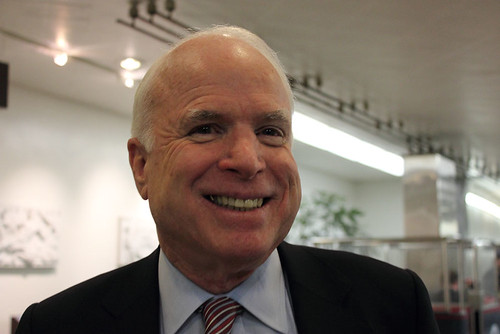If advertising is better, why bother with PR?
Last night, at a happy hour for the Washington, D.C. chapter of the ASBPE, I got a chance to meet the managing editor of the Washington Business Journal, Vandana Sinha. I asked her about the change I discussed here last week, where the Business Journal is now charging for personnel announcements in their “People on the Move” section.
Sinha told me that companies are actually very happy about the change, because they can now be assured that their announcements will be printed. Companies feel they’ve gained control over the process.
Paid vs. earned
That reaction points to the advantage of advertising over public relations, and it’s the difference between paid and earned media. If you pay for ad space, you get it. You can place whatever ad or information you choose (within certain limits).
When you rely on media relations efforts to obtain coverage for your organization, you are not assured of success. It will depend on whether what you are trying to get out there is deemed “newsworthy” by the editors/journalists at the media outlet you are targeting. If you get coverage, you’ve “earned” it.
If we are at a point, due to limited resources and dwindling subscriptions, where reporters and editors are stretched to the point that they no longer can entertain pitches and read press releases, what is the future of media relations? Furthermore, if media outlets are searching for more ways to bring in revenue, by seeking various sponsorships and now charging for announcements (and in effect making something that was previously earned into paid), where does that leave a media relations practitioner?
Clearly, if you pay for your media (advertising), you are guaranteed not only coverage, but coverage that you like. What is the incentive for organizations to hire anybody to do media relations?
Media relations is a tactic
For many years, public relations practice seems to have been more focused on media relations than on strategy and image management. It was easier to do publicity than it was to counsel clients on other ways to improve their public standing.
In my opinion, the practice of media relations has to evolve (or even disappear), if it hasn’t already. No longer can agencies simply churn out press releases, pitch editors, and earn media for their clients. That is become increasingly unproductive and difficult to achieve. Additionally, the way people consume news has changed dramatically. There are few true mass media outlets left, and many more targeted, specialty channels.
The media landscape has changed
Because of the new media landscape, public relations, where the practice is about managing perceptions of an organization, has to re-focus its efforts away from media relations. It’s important to recognize that media relations is just a tactic to help PR achieve its objectives.
Many PR agencies are already turning away from media relations. Today’s PR agencies are doing much more social media, marketing, crisis communications and other practices in order to help organization manage their public presence.
Bring back integrated marketing communications!
PR is not advertising, but both are essential components of any communications plan. Perhaps the future will bring us communications agencies, where PR and advertising are integrated. Yes, I know this is not a new concept, but it’s one that needs to revisited now that times have changed.
What are your thoughts on media relations practices? Is it something that is still worthwhile? Should PR evolve? Please share your comments.
About Deborah Brody
Deborah Brody writes and edits anything related to marketing communications. Most blog posts are written under the influence of caffeine.





